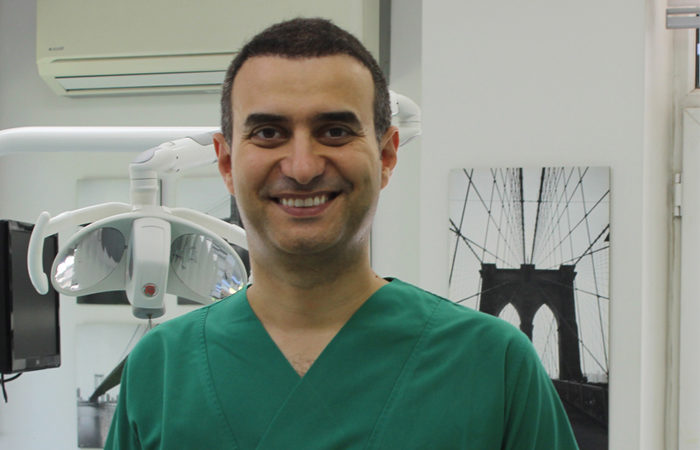From a scientific point of view, it can be done in 4 time periods according to the formation time of the bone in the tooth area:
1-Implantation as soon as the tooth is extracted, (Immediate)
2- 4-8 weeks after tooth extraction, after waiting for the gum to heal (Early)
3- 12-16 weeks after tooth extraction, after waiting for partial bone healing
4-16 weeks after tooth extraction, following complete bone healing.
In order to save time for the patient, it is preferred to implant as soon as the tooth is extracted, but your doctor may recommend waiting for a certain period of time depending on various factors such as the condition of the bone in the extraction area, whether the general shape of the extracted area is appropriate, and whether there is an existing infection in the extracted area.
In this case, how many implants should I have?
At least 2 implants are required. It may be better if 3 implants are preferred for further retention.



